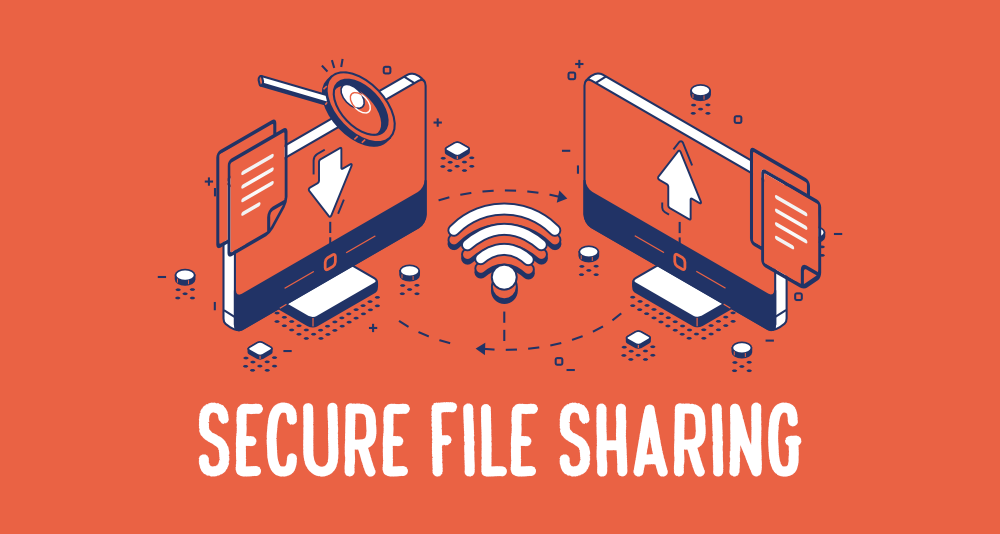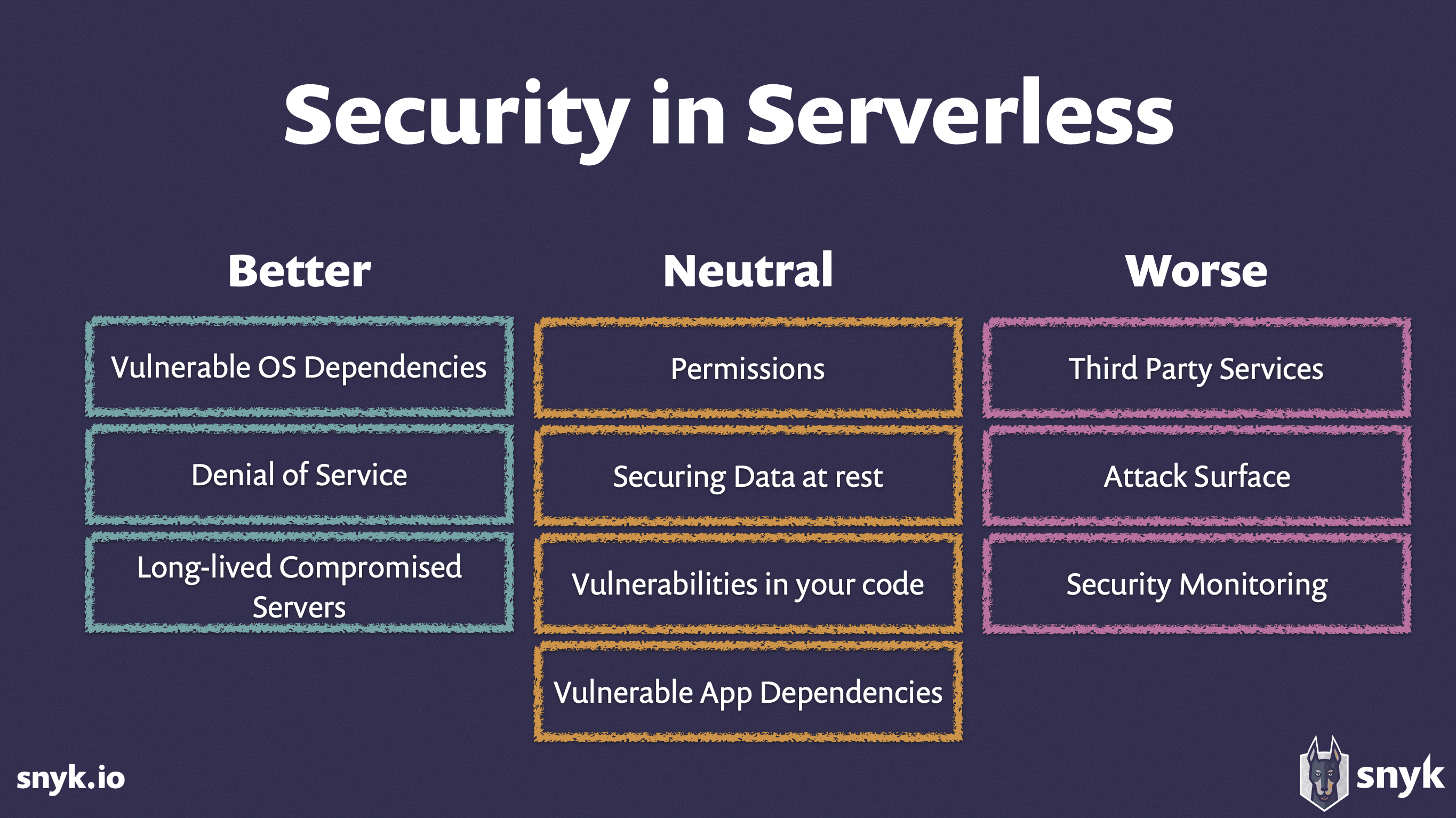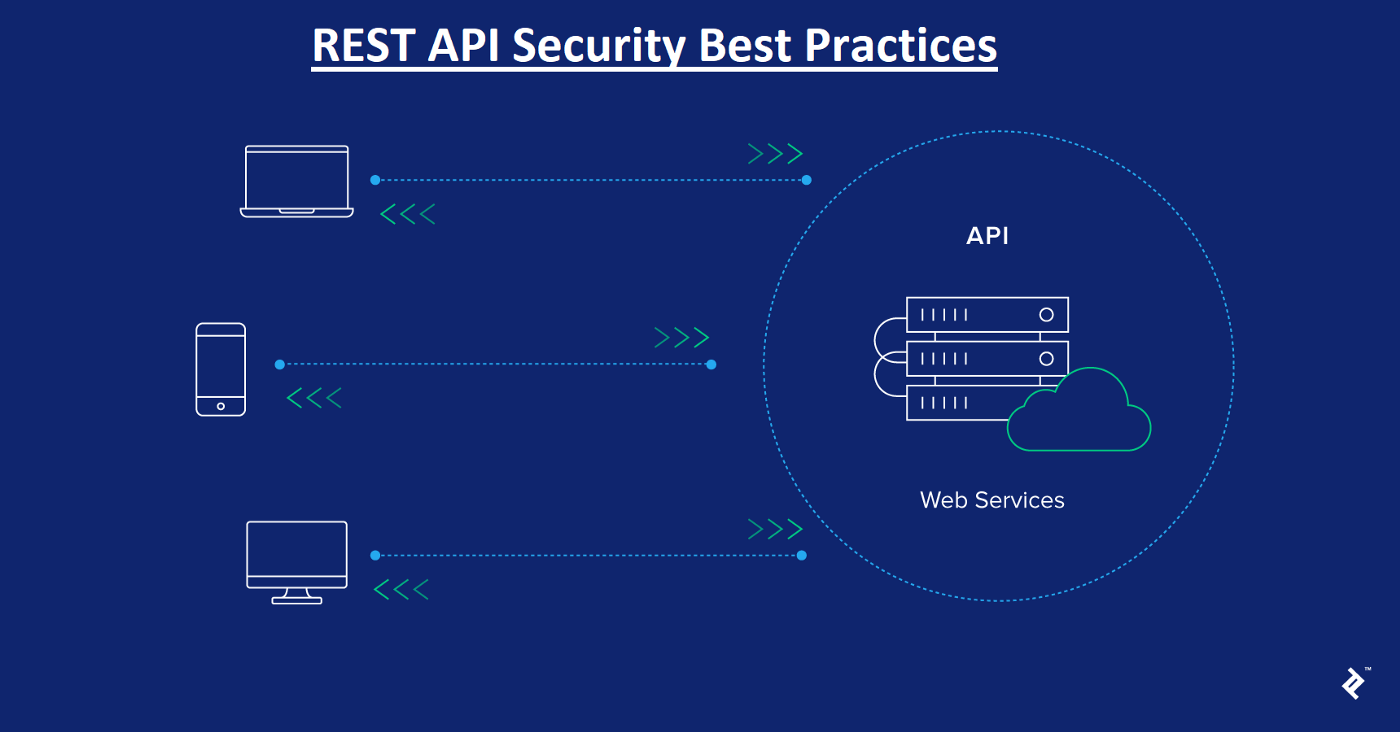
On March 24, 2023, OpenAI disclosed that a data breach had occurred on its ChatGPT platform. The breach exposed the personal information of approximately 1.2% of ChatGPT Plus subscribers, including their names, email addresses, payment addresses, and the last four digits of their credit card numbers.
The breach was caused by a bug in the Redis open-source library that ChatGPT uses to store data. The bug allowed some users to see the chat history of other users, including their personal information.
OpenAI took ChatGPT offline immediately after the breach was discovered. The company has since patched the bug and restored ChatGPT to service.
OpenAI has also contacted all affected users and offered them free credit monitoring services.
The ChatGPT data breach is a reminder that no company is immune to cyberattacks. It is important for businesses to take steps to protect their data, such as implementing strong security measures and educating employees about cybersecurity risks.
Here are some things you can do to protect yourself from data breaches:
Use strong passwords and change them regularly.
Be careful about what information you share online.
Install security software on your devices and keep it up to date.
Be suspicious of emails and links from unknown senders.
Report any suspicious activity to your bank or credit card company.
By taking these steps, you can help to protect your personal information from being stolen in a data breach.
What to do if you are affected by a data breach
If you believe that your personal information has been stolen in a data breach, there are steps you can take to protect yourself. These steps include:
Place a fraud alert on your credit report. This will make it more difficult for someone to open new accounts in your name.
Monitor your credit report for any unauthorized activity.
Report any unauthorized activity to your credit card company or bank immediately.
Consider placing a credit freeze on your credit report. This will prevent anyone from opening new accounts in your name, but it will also make it more difficult for you to open new accounts yourself.
By taking these steps, you can help to protect yourself from the financial and identity theft risks associated with data breaches.
What OpenAI is doing to address the breach
OpenAI has taken a number of steps to address the data breach, including:
Investigating the breach
Working with law enforcement
Taking steps to secure its systems
Notifying affected customers
OpenAI is committed to protecting the privacy and security of its customers' data. The company is working diligently to investigate the breach and take steps to prevent future incidents.




